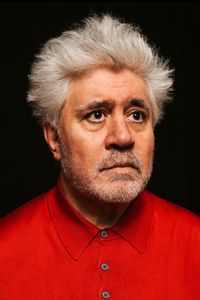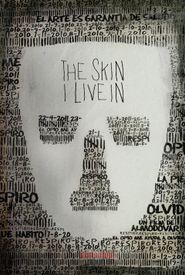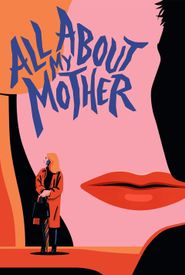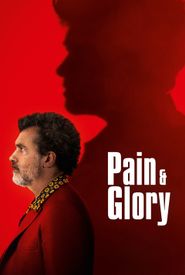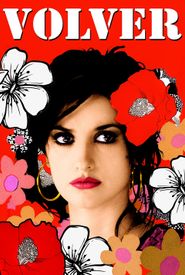Pedro Almodóvar, the most renowned Spanish filmmaker since Luis Buñuel, was born in the small town of Calzada de Calatrava, situated in the impoverished region of La Mancha, Spain.
He migrated to Madrid in 1968, where he struggled to make ends meet by selling used items at the bustling flea-market, El Rastro.
Due to financial constraints, Almodóvar was unable to pursue formal training in filmmaking, as the country's film schools had been closed by Franco's government in the early 1970s.
Undeterred, he secured a job at the Spanish phone company and diligently saved his salary to purchase a Super 8 camera.
Between 1972 and 1978, Almodóvar dedicated himself to creating short films, often with the assistance of his friends.
The "premieres" of his early works gained immense popularity within the rapidly growing Spanish counter-culture scene.
In a remarkably short span, Almodóvar became a prominent figure in "La Movida," the vibrant pop cultural movement that swept through late 1970s Madrid.
His debut feature film, Pepi, Luci, Bom and Other Girls Like Mom (1980),was shot on 16 mm film and later blown up to 35 mm for public release.
In 1987, Almodóvar and his brother, Agustín Almodóvar, co-founded their own production company, El Deseo, S. A.
The "Almodóvar phenomenon" has since transcended borders, making his films incredibly popular worldwide.
Pedro Almodóvar's remarkable journey, marked by perseverance and creativity, has cemented his status as a master filmmaker, celebrated across the globe.
